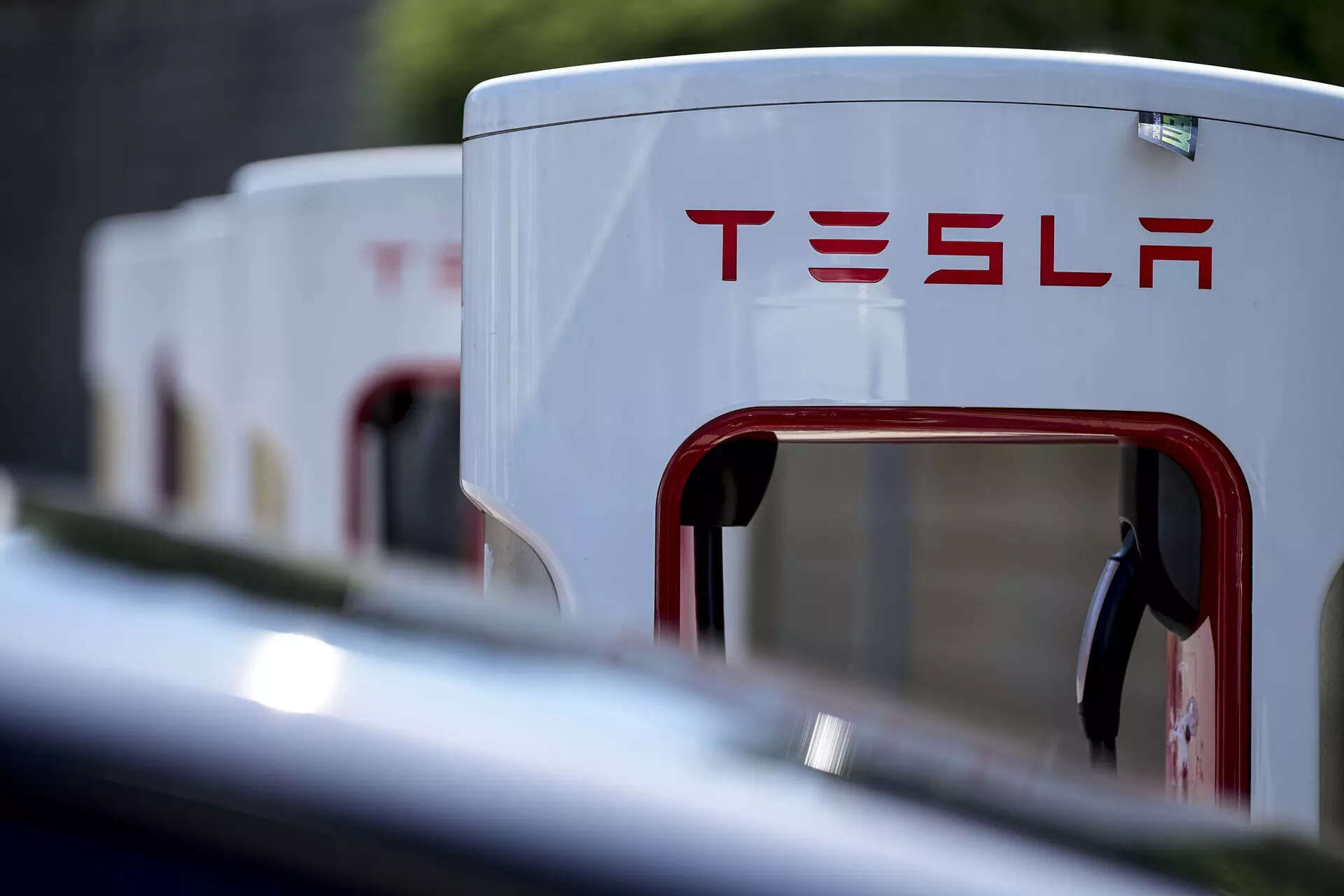
Fitch Ratings is gearing up to assign ratings to Tesla Electric Vehicle Trust (TEVT) 2023-1, and a presale for the transaction has been issued.
According to Fitch Ratings, the securitization involves electric vehicles (EVs) and presents unique challenges due to Tesla‘s limited historical credit loss performance, as the company only started originating auto loans in Q4 2021.
Fitch has constructed a Cumulative Net Loss (CNL) proxy by considering proxy data from a comparable internal combustion engine (ICE) luxury vehicle loan platform, given the limited historical data specific to Tesla.
In terms of collateral quality, the 2023-1 pool comprises prime-quality borrowers, featuring a weighted average FICO score of 733.
This is lower than the FICO score of 774 in Tesla Finance LLC’s (TFL) most recent lease securitization.
Geographically, the pool is more concentrated, with 50.9 % of borrowers located in California. The model concentration is higher due to Tesla’s limited model line-up, with the top three models representing 93.8 % of the pool.
Examining the credit enhancement (CE), initial hard CE stands at 7.25 % and 4.50 % for classes A and B, respectively, with an expected excess spread of 2.00 %.
Fitch deems the initial CE sufficient to withstand its rating case CNL proxy of 1.80 % at the applicable rating loss multiples.
Fitch’s forward-looking approach in deriving the CNL proxy considers economic risks, the state of the auto industry, and expectations for the impact on the transaction.
The resulting rating case CNL proxy is 1.80 %, reflecting the agency’s cautious stance in the absence of extensive historical data for Tesla.
As for the seller/servicer, TFL, while it has limited experience since its launch in 2014, is viewed as an adequate originator, underwriter, and servicer based on historical performance.
TEVT 2023-1 marks TFL’s first loan securitization, although TFL has previously served as the servicer on four lease transactions, two of which lacked a backup servicer.
In terms of rating sensitivities, unanticipated increases in defaults could lead to higher CNL levels, resulting in a decline in CE and net loss coverage levels, potentially impacting certain note ratings negatively.
Conversely, stable or improved asset performance could increase CE levels, providing potential for upgrades. A 20 % reduction in the expected CNL might lead to upgrades for class B notes.
Fitch was provided with Form ABS Due Diligence-15E by Ernst & Young LLP, focusing on a comparison and re-computation of certain characteristics with respect to 125 sample leases.
This due diligence did not impact Fitch’s analysis or conclusions.
In considering Environmental, Social, and Governance (ESG) factors, the transaction, with a pool of 100 % electric vehicles, has a low ESG Relevance Score of ‘3’ for Energy Management, indicating minimal credit impact.
Fitch’s analytical approach remains consistent with its U.S. Auto Loan ABS Rating Criteria, acknowledging the limited performance history of EVs.
This underscores the importance of adapting traditional methodologies to address the unique characteristics of EV securitizations and the challenges posed by limited historical performance data for this emerging asset class.

